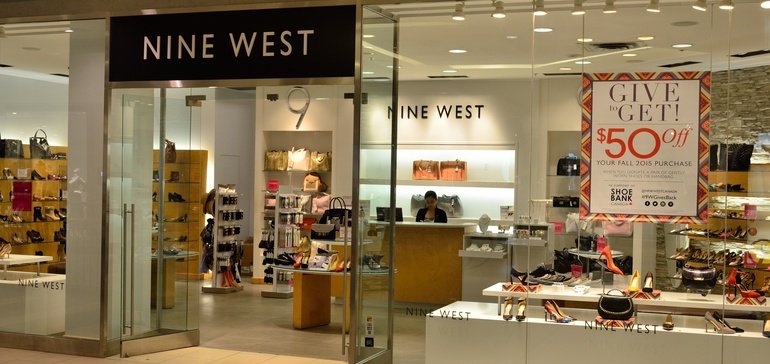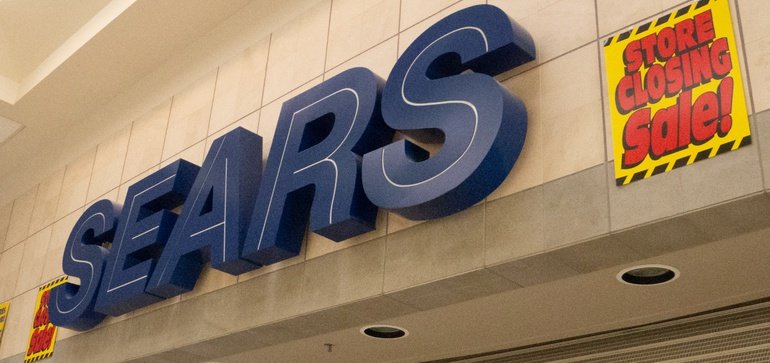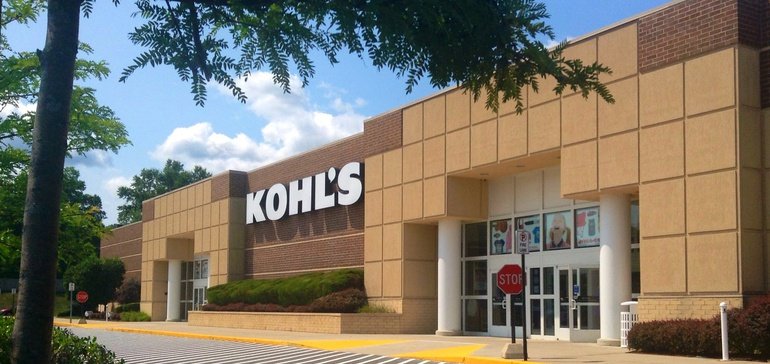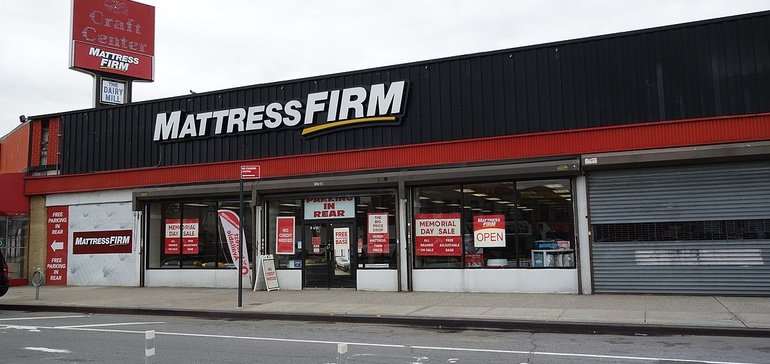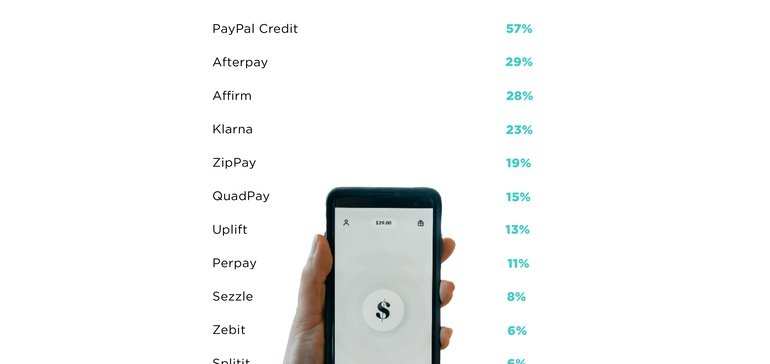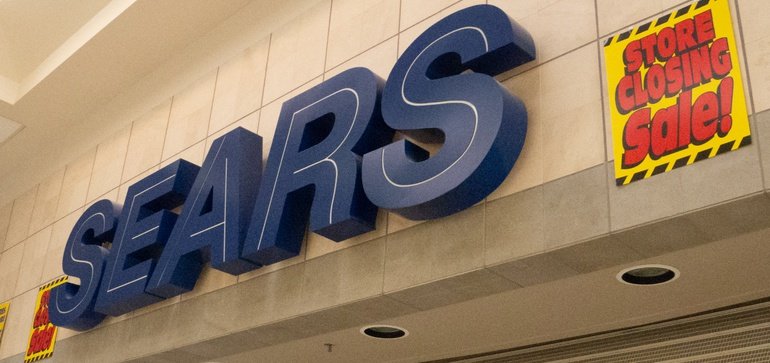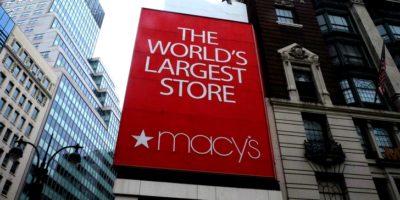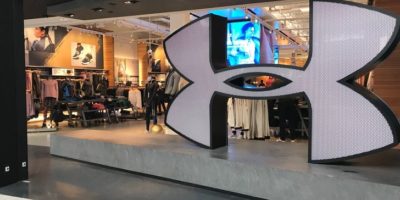Offering out: What retail leaders require to understand prior to striking a take care of personal equity
Like an old fire returning years after a squabble, personal equity is back knocking on retail’s door.
Kohl’s is just one of one of the most current to be charmed. Records had it that the business got passion from personal equity gamer Sycamore Allies, an acquainted face in the retail sector that is likewise honestly going after ODP Corp’s retail service (that includes Workplace Depot as well as OfficeMax).
The Wall surface Road Journal likewise reported that Acacia Study, had by lobbyist company Starboard Worth, used $9 billion to acquire Kohl’s as well as had financial institutions guaranteeing its capability to fund the take care of financial obligation.
The merchant chose not to offer itself (in the meantime) in a leveraged acquistion, mentioning basically a too-low cost as well as taking on a poisonous substance tablet to avoid any kind of prospective aggressive requisition. Yet the business has actually exposed the opportunity of a sale at a greater cost, as well as is dealing with extreme lobbyist stress over its rejection to additionally involve personal equity suitors.
Kohl’s is simply the most up to date to be dated. Retail has a decades-long background of personal equity passion as well as leveraged acquistions. As a warm mergings as well as purchases market rolls on as well as quotes come in for merchants, it deserves taking a minute to check out that background, which is cluttered with insolvent, sold off as well as troubled merchants.
Retail, acquistions as well as personal bankruptcy
Historically, personal equity customers of tradition retail business have actually funded their purchases with financial obligation, which after that ends up being the obligation of the gotten business. Leveraged acquistions removed in the 1980s, sustained by the advancement of high-yield scrap bonds as well as the development of personal equity funds concentrated on taking public business personal to wring even more worth as well as performance out of them.
Personal equity sell the retail sector have actually ups and downs over the years. Rate of interest in retail has actually returned complying with a dry spell most likely secured to retail’s battles over the last component of the 2010s.
There were simply 4 significant personal equity purchases of merchants in 2018, as well as alongside none in 2019 as well as 2020, according to Retail Dive’s monitoring. In 2021, there were 8 procurement bargains for significant retail business, together with financial investments in as well as purchases of brand names as well as electronic retail endeavors.
Retail purchases by personal equity in 2021
| Merchant | Customer | Field |
|---|---|---|
| In The House | Hellman & & Friedman | residence items |
| Casper | Durational Funding Administration | residence items |
| Club Manaco | Minister | clothing |
| Francesca’s | TerraMarr Funding as well as Tiger Funding | clothing |
| Iconix Brands | Lancer Funding | clothing |
| Intermix | Altamont Funding Allies | clothing |
| Michaels | Beauty Global Administration | specialized |
| Paper Resource | Elliott Financial Investment Administration | specialized |
Resource: Retail Dive information
In 2014, for instance, brought the purchases of In your home by Hellman & & Friedman, Casper by Durational Funding Administration, Michaels by Beauty Global Administration as well as Paper Resource out of personal bankruptcy by Elliott Financial investment Administration, to name a few.
Given That 2018, Retail Dive has actually assembled a data source of personal equity purchases in the sector returning 20 years. Our first checklist was made partly with information given by PitchBook as well as Acuris along with Retail Dive study. Ever since, succeeding enhancements as well as updates to the checklist have actually been made with Retail Dive study.
All informed, the checklist consists of greater than 110 merchants that have actually experienced at the very least one personal equity procurement at some time returning to the 2000s. Of them, over 40% have actually declared personal bankruptcy at some time after their procurement, according to Retail Dive’s evaluation.
That is an uncomfortable performance history. It is very important to keep in mind that personal equity’s method commonly includes buying business that are currently battling as well as trying to transform them about. To put it simply, not all the blame for a firm’s failing can be laid at the feet of personal equity companies.
Yet the lots of personal bankruptcies likewise elevate significant inquiries concerning the knowledge as well as efficiency of filling up battling business with millions or perhaps billions of bucks in the red to fund personal equity’s merging method (as well as the periodic debt-financed rewards).
While acquistions include financial obligation, got merchants commonly experience years of disinvestment while they attempt to handle their passion costs, all the while possibly paying administration charges as well as rewards to their enrollers. Toys R United States, to take a well-known situation, allow its shops wear away as well as affordable placement flag under a $5 billion financial obligation lots from an exclusive equity acquistion. All the while execs as well as proprietors were taking squander of the business. Inevitably the business fell down in personal bankruptcy.
” It’s a snowball result,” stated Dennis Cantalupo, Chief Executive Officer of Pulse Rankings. “The financial obligation begins it, and afterwards you’re investing a lot of your funding maintenance that financial obligation you’re not spending right into business as a lot, as well as your service begins to endure.”
A quick background of a negative bargain
In spite of the capacity for monetary distress after a leveraged acquistion, boards as well as execs of openly traded merchants have every reward to offer to personal equity prospective buyers, if the cost appears right. The greater the cost, however, the greater the prospective financial obligation lots.
With supply utilized to make up business management, those deciding to offer can jointly make millions together with a firm’s investors. Frequently, administration groups as well as supervisors are changed after an offer, as well as it might not appear like their issue when examining a quote.
Yet, in a leveraged acquistion where the financial obligation is so high it makes the business financially troubled, board supervisors as well as execs deal with prospective obligation for doing the bargain.
Get In the Jones Team. The clothing business when had 9 West, Stuart Weitzman, Kurt Geiger, Anne Klein as well as a host of various other brand names. In 2014, it finished an offer to offer itself to Sycamore Allies, which throughout the years has actually gotten Talbots, Hot Subject, Belk, Staples, Coldwater Creek as well as various other merchants as well as brand names.
Sycamore acquired the Jones Team for $15 a share, a rise from a preliminary proposal of $14 (though substantially much less than what Sycamore initially drifted, after obtaining a better check out the business’s publications). At first, Sycamore intended to install $395 countless its very own cash to cover the cost however ultimately reduced that number by majority, leaving it with little skin in the video game. Rather, the company enhanced the quantity of financial obligation utilized to fund the bargain.
This is all according to previous lenders to 9 West, that affirmed in a claim that Sycamore’s procurement made the Jones Team financially troubled.
The company, they claim, offered itself the very best components of the Jones Team– the rapid expanding Stuart Weitzman as well as Kurt Geiger brand names– for much much less than their market price as well as out of the reach of lenders. The staying brand names were mainly battling– consisting of 9 West, which would certainly provide its name to the brand-new business– as well as packed right into a brand-new business that was entrusted to $1.5 billion of financial obligation from the acquistion. (Sycamore decreased to comment for this tale.)
The challenging deal, complainants claim– based upon a years-long examination that has actually shown up interior files as well as statement — was assumed on Sycamore’s forecasts of future earnings as well as sales for the 9 West brand names that were glowing as well as out of action with its real efficiency.
The numbers consisted of future sales development for brand names that had actually just decreased in current durations while disregarding points like shed sales from shop closures, continuous consulting prices as well as the influence of losing every one of the business’s then-current management adjustments for the business, according to the complainant’s accusations.
The mix of financial obligation as well as a decreasing service without a doubt drove 9 West right into personal bankruptcy about 4 years later on. The filing a claim against lenders suggested that the business ended up being financially troubled the minute the bargain underwent which, for that reason, not just Sycamore however the Jones Team management that accepted the bargain were responsible for 9 West’s supreme damage.
Accepting the merging, according to the complainant’s disagreement, totaled up to a violation in fiduciary obligation. “Jones Team’s supervisors, police officers, as well as investors jointly had actually left with practically $1.2 billion,” the problem states. “By comparison, [Nine West] was denied of its reward possessions as well as entrusted to diminishing, low-profit organizations as well as a big financial obligation lots.”
Supervisor offenders in the event asked a government court to disregard insurance claims that they had actually breached their fiduciary obligation however were refuted, the court in the event searching for that business leaders had not adequately checked out whether the Jones Team bargain would certainly provide the business financially troubled.
A couple of months afterwards choice, prior to the celebrations mosted likely to test, the lawsuits versus the previous supervisors as well as execs was resolved. (A situation versus previous capitalists that benefited from the Jones Team sale is continuous.)
‘ You can not hide your head in the sand’
The background of Jones Team as well as 9 West is, clearly, details. Yet it is likewise useful, as well as it questions concerning what business decision-makers at Kohl’s as well as others require to do as well as understand when thinking about a quote from personal equity capitalists intending a leveraged acquistion.
Advancements in the event, consisting of the court’s rejection to disregard insurance claims, were a “all-natural expansion of poor realities,” stated Keith Sambur, a companion with Holland & & Knight’s monetary solutions technique. “Jones Team forged ahead as it connects to the quantity of utilize on a firm.”
At the exact same time, as Sambur mentions, business management has a fiduciary obligation to their investors as well as might deal with legal actions from capitalists for ruling out a major bargain. Solvency is vital below in establishing which obligations take priority.
” You need to make certain that the business isn’t so instantly burdened financial obligation that the LBO deal relaxes entirely on the back of unprotected lenders,” Sambur stated. “To me, what Jones states at the end of the day is you can not hide your head in the sand as well as claim, ‘I’m simply mosting likely to claim that’s out my watch.’ You need to make that decision via a degree of due persistance, which did not occur below.”
Future legal actions might be the only actual choice suppliers as well as various other unprotected lenders have. They may not such as leveraged acquistions, however providers still require their retail clients as well as several of the largest merchants that handle the largest financial obligation lots have a tendency to be essential clients to providers. Yet wariness in the supply chain includes much more to a leveraged merchant’s monetary threats.
” Distributors are not bound to do service with any person,” Pulse Rankings’ Cantalupo stated. After a leveraged acquistion, suppliers “reassess the credit score account as well as, if they fit with it, they proceed offering to them. If the credit score degrades, after that you might see providers downsize direct exposure, possibly reduced line of credit, alter the settlement terms, points of that nature.”
If suppliers decrease their direct exposure to a store sufficient, Cantalupo included, merchants “are not obtaining [enough] items as well as your sales are going down. It’s a vicious circle.”
Comply With.
Ben Unglesbee.
on.
Twitter.
